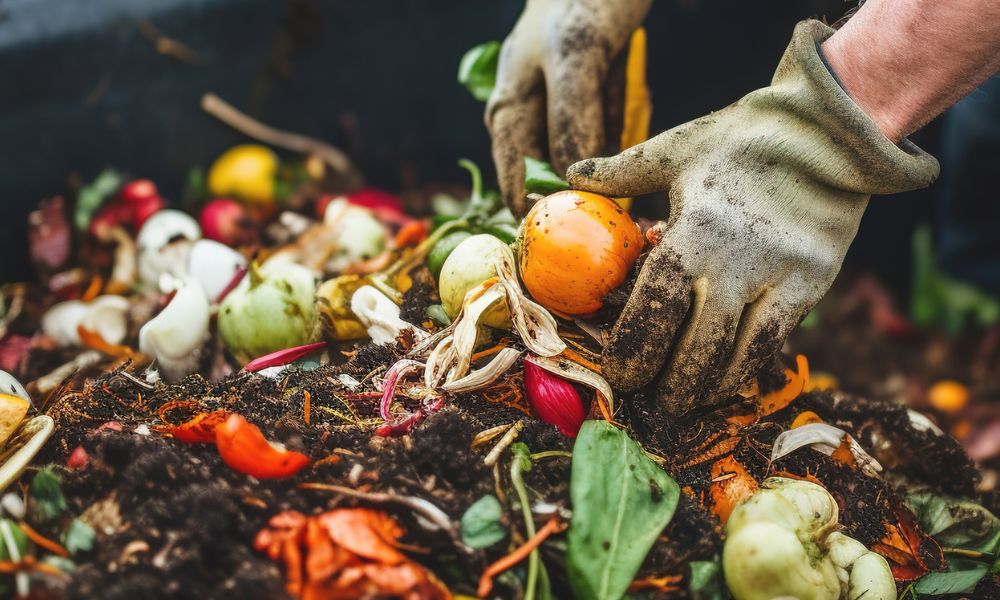
Image Source: Google
Composting is a simple and effective way to manage organic waste while also creating nutrient-rich soil for your plants. If you're new to composting, this beginner's guide will walk you through the basics and help you get started on your composting journey.
Getting Started with Composting
What is Composting?
- Composting is the process of breaking down organic waste materials such as food scraps, yard waste, and other biodegradable items into a rich soil-like material known as compost. Refer Link: https://www.growingcity.com/service/waste-services
- Compost is a valuable resource that can be used to improve soil fertility, retain moisture, and reduce the need for chemical fertilizers in gardening and landscaping.
Why Compost?
- Reduces the amount of waste sent to landfills, which helps reduce greenhouse gas emissions and environmental pollution.
- Improves soil health by adding essential nutrients and beneficial microorganisms.
- Saves money on fertilizers and soil conditioners for your garden.
Setting Up Your Compost Bin
Choosing a Compost Bin
- There are various types of compost bins available, including tumblers, bins, and piles. Choose one that suits your space and needs.
- Ensure good aeration and drainage in your compost bin to promote the decomposition process.
What to Compost
- Fruit and vegetable scraps
- Coffee grounds and filters
- Eggshells
- Grass clippings and yard waste
- Leaves and plant trimmings
- Shredded paper and cardboard
What Not to Compost
- Meat and dairy products
- Oily or greasy foods
- Coal or charcoal ash
- Diseased plants
- Pet waste
Managing Your Compost Pile
Layering Your Compost
- Alternate between green materials (nitrogen-rich) and brown materials (carbon-rich) to create a balanced compost pile.
- Keep the compost pile moist, but not too wet, to facilitate decomposition.
Turning Your Compost
- Regularly turning or aerating your compost pile helps speed up the decomposition process by adding oxygen.
- Use a pitchfork or compost aerator to mix and fluff up the compost materials.
Monitoring Your Compost
- Check the temperature of your compost pile regularly. A temperature between 110-160°F indicates active decomposition.
- Monitor the moisture level of your compost pile. It should feel like a damp sponge.
Using Your Finished Compost
Harvesting Your Compost
- Compost is ready to use when it is dark, crumbly, and earthy-smelling.
- Remove any large or uncomposted materials from the finished compost before using it in your garden.
Applying Compost to Your Garden
- Spread a layer of compost over your garden beds to improve soil structure and fertility.
- Mix compost into potting soil for container plants to provide essential nutrients.
Storing Unused Compost
- If you have excess compost, store it in a covered container or bin to prevent it from drying out or becoming waterlogged.
- Compost can be stored for several months without losing its nutrient value.
Composting is a rewarding and environmentally friendly way to manage organic waste while enriching your garden soil. With this beginner's guide, you'll be well-equipped to start your composting journey and reap the benefits of nutrient-rich compost for your plants.